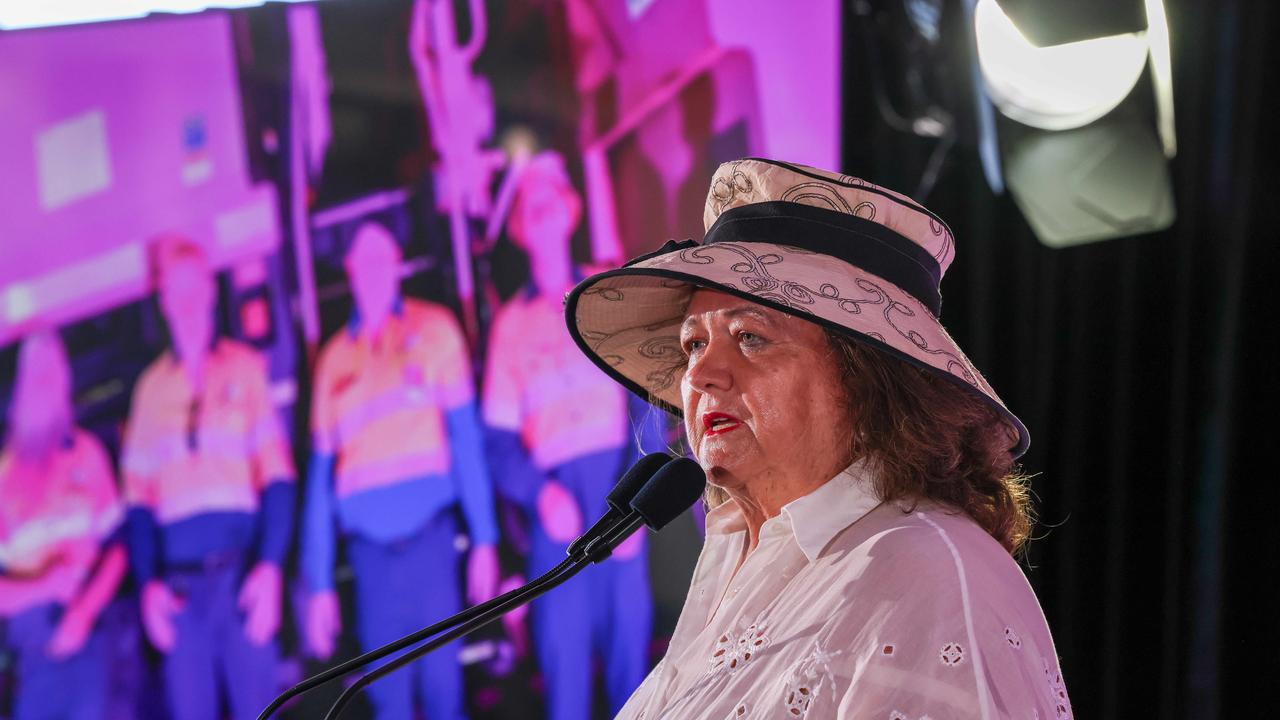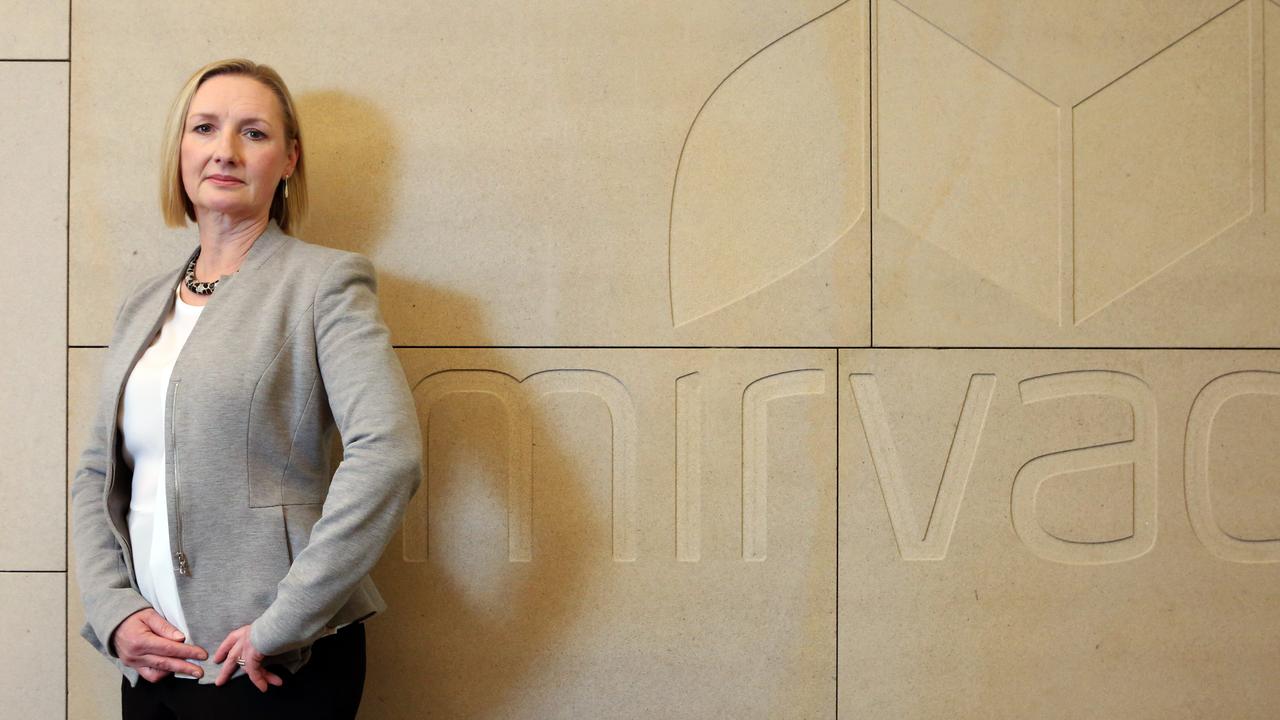2020 CEO Survey: Rob Wheals, APA
It is incredibly exciting, but challenging, to be part of the biggest energy transition in decades, says APA Group chief Rob Wheals.
What are the three enduring lessons or changes to flow from COVID-19?
First and foremost, I think COVID-19 has taught us how quickly those high-consequence, low probability events on the risk matrix can become a reality and why it is so important to be on top of business continuity and recovery arrangements. Fortunately for APA, those arrangements proved robust. But COVID-19 is the largest exercise in active health and safety management we have ever experienced. No simulation or crisis exercise could ever replicate what we’ve all been through in 2020.
Of course those arrangements will only ever be as good as the people who are called upon to implement them. I have been genuinely struck by the resilience and adaptability of our people in response to COVID-19. A real focus for us going forward will be on finding ways to harness the kinds of innovation and collaboration we have seen across our business in response to COVID, when we return to BAU.
I think we’ve learned not to be so conservative, particularly around things such as flexible work. In the past, we’ve probably been a bit too heavily focused on ensuring that we have clear processes and structures around that, but COVID-19 has taught us that we should empower our leaders and people more to sort out arrangements that work for them. That’s made even easier where there is a genuine culture of care, trust and collaboration to start with, and I am proud to say that they are attributes that have really shone through at APA.
How would you rate the shape of the Australian economy as we head into the new year?
Generally speaking, I think the economy is going better than I might have expected just a few months ago, but COVID-19 is going to have a long tail. The federal government’s rapid fiscal response, combined with the efforts of state and territory governments and the monetary policy interventions of the RBA, have been critical. As those measures start to get wound back, I think that will be the real test for the economy.
From an industry perspective, we certainly welcome the government’s recognition of the role of gas in supporting Australia’s economic recovery. We are already working to ensure capacity on the east coast gas grid is not a constraint to address forecast 2023 shortfalls in the southern gas market. Our expectation is that overtime we will invest up to $700m to increase capacity by up to 50 per cent from our Wallumbilla Gas Hub in Queensland to southern markets. Importantly, these are investments we are able to make incrementally and efficiently — without the need for any government subsidy — to develop capacity as and where it is required by the market.
The federal government’s asset depreciation tax initiatives, which are designed to incentivise and encourage investment in growth, played an important role in our decision in November to invest almost half a billion dollars in the Northern Goldfields Interconnect (NGI) pipeline in Western Australia. The NGI will see us form an interconnected WA gas grid and will open up this resource rich region for development, supporting thousands of jobs both during and post-construction.
It’s these kinds of investments that will be key to supporting our economic recovery.
What three reforms are needed to sustainably grow the economy?
The first is a perennial issue, and that’s some kind of enduring bipartisan agreement at a federal level for meeting the challenges and opportunities associated with climate change. The energy transition is now well under way and, as a business, we have been working on our own energy road map to a holistic approach to decarbonisation. That’s an effort I know is being replicated in businesses all around the country, while states and territories are also developing separate mechanisms and schemes on a jurisdictional basis. I think we would all benefit from some kind of enduring, national policy certainty, including on issues like net zero by 2050.
Relatedly, I think another big reform opportunity is the Energy Security Board’s review into the post 2025 electricity market design. It is incredibly exciting, but challenging, being part of the biggest energy transition in decades. The National Electricity Market is not currently designed to deal with the changing mix of energy supply that we need in the 2020s and beyond.
So I see this work program as up there as one of the biggest challenges facing the energy sector and frankly, the country. Getting it right will demand co-operation among the states, territories and the commonwealth, but we have to get it right because a strong and successful NEM is a key underpinning of our entire economy.
Skills and vocational training is another area where I think we need to focus, particularly in the context of the energy transition and the economic impacts of COVID-19. We need to ensure that we are investing now to support the major structural changes to come and to address the skills gaps that are growing ever wider. For example, the average age of an electrical engineer today is in the 50s. I don’t think we’re doing enough to replenish that pipeline. We urgently need to look at our vocationally oriented qualifications to meet this challenge.
What are the three best growth opportunities for your company in 2021?
1. We are already working to ensure capacity on our east coast gas grid is not a constraint to addressing forecast 2023 shortfalls in the southern gas market. Our expectation is that overtime we will invest up to $700m to increase capacity by up to 5 per cent from our Wallumbilla Gas Hub in Queensland to southern markets. Importantly, these are investments we are able to make incrementally and efficiently — without the need for any government subsidy — to develop capacity as and where it is required by the market.
2. While natural gas will undoubtedly remain a critical part of our country’s energy mix well into the future, consistent with our vision to be world class in energy solutions, we see significant opportunities in new energy sources and technologies as well as ongoing opportunities to continue growing our renewable portfolio. We are now already Australia’s 6th largest owner of renewable power generation assets, with just over half of our power generation coming from wind and solar.
We will continue to adapt and innovate — just as we have done over the last two decades. We will continue to leverage our core pipeline capabilities and operating expertise into developing the energy infrastructure business of tomorrow.
3. At the same time, we’re continuing to explore potential offshore energy infrastructure growth opportunities, focusing on North America. We now have a team on the ground seeking to identify potential opportunities to enter this market, to enable us to take advantage of the abundance of low-priced natural gas and the continued growth in demand in that market. Of course we will only proceed if an investment meets our strict criteria.
What impact will digital transformation have on your company?
I can’t think of a business that’s not impacted by the digital transformation. Digital and data technology is key to our ability to move from being an energy infrastructure service provider to an energy infrastructure solutions business. Every day we’re learning about and implementing new tools, systems and techniques that have the potential to improve the way we safely operate and maximise efficiency within our operations for the benefit of our customers and the community.
How would you rate business, state and federal government performance this year?
2020 has tested us all and, while it’s easy to throw stones at individual government decisions or to criticise individual responses, I think we have to acknowledge that we’ve really all been in uncharted territory.
I think the advent of the national cabinet in response to the pandemic is a really positive development and one that I hope will result in greater federal/state co-operation and better harmonisation. As a business operating across every mainland state and territory, this is a significant issue.
For business, as a member of the Male Champions of Change, I think it’s fair to say that 2020 has shown we still have a long way to go in terms of stepping up beside women leaders to achieve gender equality and advance more women into leadership.




To join the conversation, please log in. Don't have an account? Register
Join the conversation, you are commenting as Logout